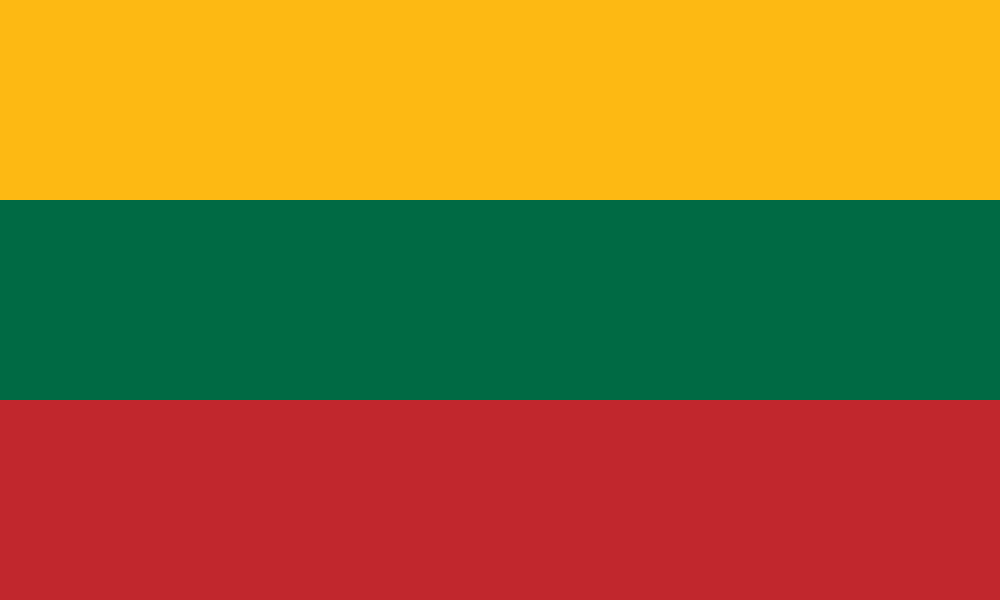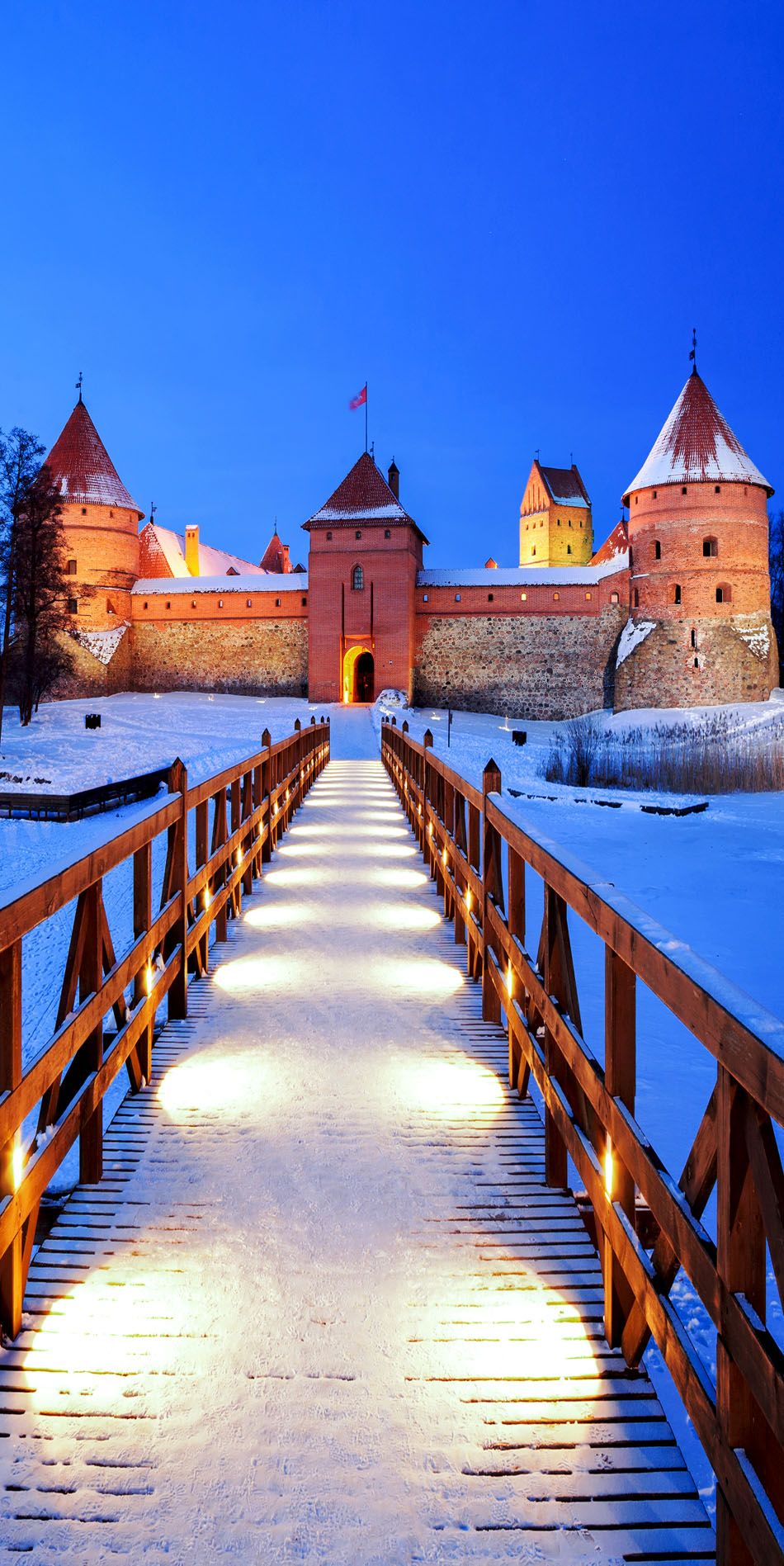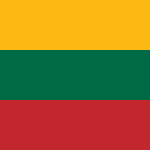Lithuania (Lietuva) is a Baltic country in Northern Europe. It has a Baltic Sea coastline in the west and is surrounded by Latvia to the north, Belarus to the east, Poland to the southwest, and Russia’s exclave, the Kaliningrad Oblast, to the west.
Lithuania has been an active member of the European Union since 1 May 2004 and the North Atlantic Treaty Organization (NATO) since 29 March in that same year.
Lithuania is the only Baltic country with more than eight hundred years of statehood tradition and its name was first mentioned one thousand years ago, in 1009. Wedged at the dividing line of Western and Eastern civilizations, Lithuania battled dramatically for its independence and survival. Once in the Middle Ages (15th century), Lithuania was the largest state in the entire continent of Europe, where crafts and overseas trade prospered.
In 1579, Vilnius University, an important scientific and education centre of the European scale, was opened. In the 16th century, Lithuania adopted its First, Second and Third Statutes. The Statutes were not only the backbone of the legislative system, they also had a major impact on the legislation of other European states of the time. Despite losing its independence, Lithuania managed to retain its Third Statute in force for as many as 250 years, which was instrumental in the preservation of national and civic self-awareness. The Constitution of Poland-Lithuania together with the French Constitution, both adopted in 1791, were the first constitutions in Europe (The Polish-Lithuanian constitution was adopted a few months earlier than the French).










